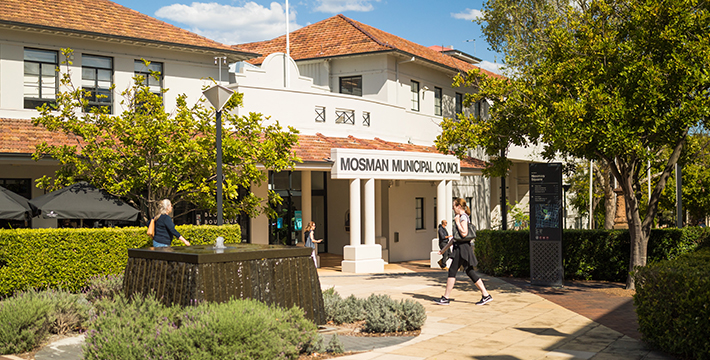Research from Cancer Council NSW and Western Sydney University has revealed that almost 20% of a sample of tobacco retailers (including convenience stores, grocery stores, and newsagents) would prefer not to sell tobacco products.
Cancer Council NSW’s Senior Tobacco Control Project Officer, Christina Watts, said “A further 37% of retailers asked were ambivalent about currently selling cigarettes, suggesting that close to three in five small tobacco retailers in NSW may consider stopping selling tobacco if encouraged to do so. This would reduce the availability of tobacco in our community and inevitably drive smoking rates down.”
“Currently there are still 5500 smoking related deaths in NSW each year, and more than 10,000 tobacco retailers across the state. If retailers are telling us that they would prefer to not sell tobacco, we need legislative changes in NSW to encourage them to stop selling.”
In light of the findings, Cancer Council NSW is calling on the next NSW Government to introduce an annual licence fee to encourage retailers to stop selling and reduce the risk of more people developing the fatal habit. Licence fees have been successfully introduced to discourage retailers from selling cigarettes in a majority of other Australian states and territories. South Australia introduced a $200 annual licence fee in 2007, resulting in almost a quarter of retailers stopping cigarette sales.
“As it stands there is a vast oversupply of tobacco in the community. 74% of retailers in the study said there was another tobacco retail outlet within 1km distance from their store, and a staggering 40% had another store within 100m. Yet there is still no licence scheme in place to regulate who can sell cigarettes, and nothing to discourage retailers from continuing to sell when the products may no longer be important for business.”
Harris Farm Markets Co-CEO, Tristan Harris, whose business made the decision to not sell tobacco products, said “Every retailer has a responsibility to consider the impact of every product that they sell to their customers. And if it’s a product which has got serious health concerns, then that needs to be taken into consideration.”
“Harris Farm has been a successful business despite not selling tobacco products and we’ve grown every year for the last 25 years. If someone still chooses to sell a product like tobacco, I think they absolutely should be required to have a licence and pay a fee.”







